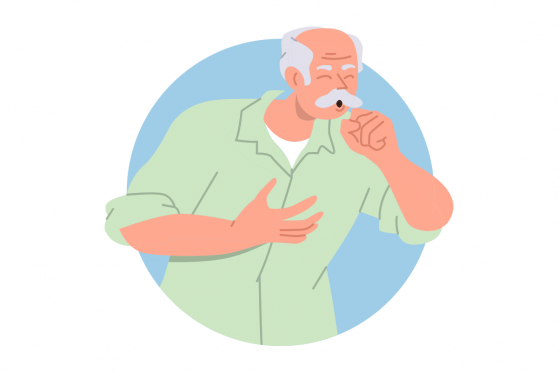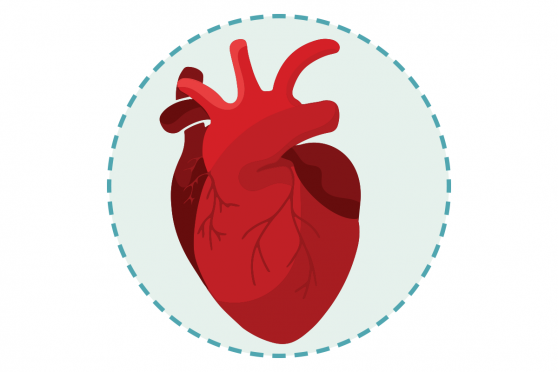Are You Salt Sensitive?
Find out how stress and sodium can team up against your health.

If you eat a quarter-pounder and fries, you know your health will pay a price—not only in fat and calories but also in all that excess sodium found in fast food. What you may not know, though, is that an average helping of stress can jack up your sodium levels almost as much. Gregory Harshfield, MD, director of the Georgia Prevention Center, has been studying the physiology of this reaction to stress and calls it a kind of “salt sensitivity in which the sodium load is ‘delivered’ internally by mental stress rather than externally by diet.” He says it’s also surprisingly common. His team’s research found as many as 30% of black and 20% of white adolescents with normal blood pressure retained sodium as a reaction to stress. And for people with high blood pressure, the number is closer to 40%.
Health Risks of the Stress-Sodium Connection
How can your mind affect your sodium levels like a spin through the drive-thru would? “Physiologically, we believe it is due to a stress-induced increase in the hormone angiotensin II, which promotes sodium retention [in the kidneys],” Dr. Harshfield says. “It helps to maintain the blood supply to the brain during this period of increased cognitive activity.” For someone who is salt sensitive, he says, stress may in effect add the equivalent of 1,000 milligrams (mg) of sodium to total intake over the course of a normal day. The American Heart Association recommends Americans get just 1,500 mg of sodium a day, while most get twice that. If your stress response is only leaving you 500 mg of wiggle room, just ¼ teaspoon of salt will already put you over the limit.
“Excess sodium in the body can lead to high blood pressure, which is a serious risk factor for death,” says Marissa Beck, MS, RD, a New York–based dietitian. Dr. Harshfield’s research found the blood pressure did in fact rise in response to the stress response in salt-sensitive individuals and remain high for an extended period after the stressful event. “We have linked this response pattern to obesity and the premature development of blood pressure-related damage to the heart, kidneys, and [blood vessels],” he says. Other research has shown salt sensitivity is associated with higher rates of heart attacks and strokes and lower rates of survival. If you’re living in a state of chronic stress and have high blood pressure, discuss testing for salt sensitivity with your doctor.
Balancing Your Blood Pressure
“Everyone should watch their sodium intake,” Beck says. “Sodium adds up fast.” And it’s not only in the foods we think of as salty. Everything from bread to deli meat to cheese to soup to salad dressing can pack high levels of sodium. “The easiest way to reduce sodium in the diet is by cooking at home more often, she says.“Focus on foods we need to wash, peel, and cook like fruits, vegetables, whole grains.” She also recommends getting in the habit of checking the sodium content on the Nutrition Facts panel of canned and packaged foods and looking for no- or low-sodium on labels. Then instead of seasoning those whole foods with salt, experiment with various spices and herbs.
“Some of our recent data suggests an increase in potassium intake would reduce the level of sodium retention,” Dr. Harshfield says. So when shopping for your whole foods, pick up some potassium-rich avocados, bananas, oranges, beans, dark leafy greens, potatoes, tomatoes, milk, and peanut butter.
Keeping your weight in check will also help, and moving more is a great way to do it. “The worst thing a salt-sensitive person can do is to remain sedentary,” Beck says. “Exercise helps lower blood pressure, and will especially help to keep pressures low even in the face of moderate sodium intake.” Find a few different ways to work activity into your daily routine, whether it’s walking the kids to school, planning ahead to run errands near each other on foot, or taking a work break to walk some stairs at the office.



